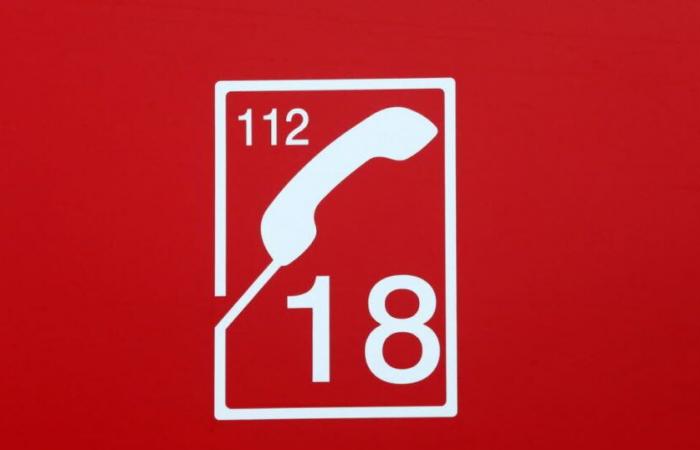This content is blocked because you have not accepted cookies and other trackers.
By clicking on “I accept”cookies and other trackers will be placed and you will be able to view the contents (more information).
By clicking on “I accept all cookies”you authorize the storage of cookies and other trackers for the storage of your data on our sites and applications for personalization and advertising targeting purposes.
You can withdraw your consent at any time by consulting our data protection policy.
Manage my choices
I accept
I accept all cookies
A fire affected “two homes” located “in a block of buildings which brings together a dozen homes” in the Kermabon district. Both bodies were found in the same apartment.
19 people evacuated
19 people were evacuated and among them, two people were transported to Douarnenez hospital for examinations.
The firefighters intervened this morning around 6:30 a.m. and an investigation was opened by the Quimper public prosecutor's office to determine the causes of the tragedy.






